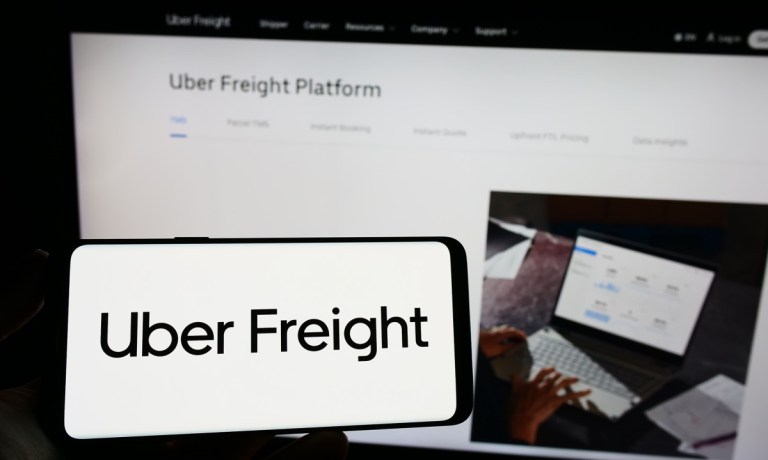Uber Freight Unveils Scheduling API as Industry Standards Shift

Logistics provider Uber Freight has developed a new scheduling application programming interface (API).
The new tool marks the first activation of the Scheduling Standards Consortium’s (SSC) Technical Standard for the industry, the company said in a Monday (Feb. 5) news release.
The new AP is designed for Uber Freight’s transportation management systems (TMS), with an active pilot set to be released for general availability in the second half this year.
“Across the industry, scheduling inefficiency not only contributes to a significant cost in servicing the load, but also causes delays in getting appointments set and increases the lead time required to get the load serviced,” the release said. “To address this challenge, Uber Freight began testing its new scheduling API within the company’s brokerage business.”
According to Uber Freight, the company saw early success in making loads available within the digital marketplace without human intervention, with loads ready for coverage as much as 75% faster compared to manual scheduling.
Uber says it will now allow automated scheduling within the Uber Freight TMS, which facilitated 6 million appointments in more than 1,500 facilities last year.
The company said the API offers benefits for shippers, such as faster appointment scheduling and greater insight into dock activity.
Carriers, meanwhile, can do away with the need for multiple logins and manual data entry, optimize drier schedules and ease congestion at their facilities.
Uber Freight last year released an upgraded version of its TMS following a $120 million investment into new technology. This new version offers enhanced visibility, foresight and control for shippers across modes including rail, ocean and air.
Meanwhile, PYMNTS explored the role new technology is playing in the logistics sector last month in an interview with Yoav Amiel, chief information officer at freight brokerage platform and third-party logistics company RXO.
“Long-haul trucking is much more open to automation,” said Amiel. “There are more potential savings and efficiency gains there that are easier to implement. Short-haul trucking has higher implementation costs and tighter margins, so deploying AI and embedding these engines could be more complex.”
He also highlighted places in which innovation in the transportation industry. Among them is task completion. where AI can automate end-to-end activities, such as planning and delivery, streamlining processes for shippers, carriers and internal operators.